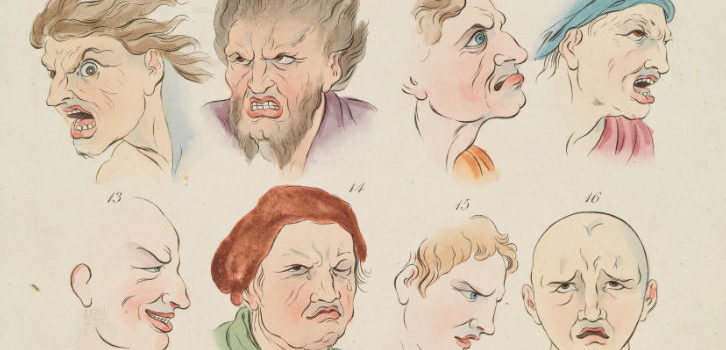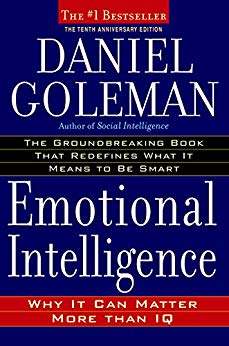

This article is an excerpt from the Shortform summary of "Emotional Intelligence" by Daniel Goleman. Shortform has the world's best summaries of books you should be reading.
Like this article? Sign up for a free trial here .
How do emotions change your body and physiology? Your heart rate, your breathing, your eyes, your fists? Learn the physiology of emotions, with plenty of examples.
Emotions are strong impulses that urge us to take immediate action. “Emotion” comes from motere, the Latin verb meaning “to move.” Watch children or animals: they act almost immediately upon getting a feeling, before they know what they’re doing.
The Physiology of Emotions
Different emotions cause different reactions in the body, usually in preparation for whatever the emotion might make us do:
Physiology of anger: blood flows to our hands so we can grab a weapon easier or hit someone; our heart rate increases in preparation for a fight; adrenaline courses through our body to pump us up.
Physiology of emotion when we’re afraid: blood goes away from our face (thus the “white as a sheet” cliché) to our legs and arms so we can run or fight; our bodies freeze up to see if hiding will work, or to be able to hear better without the sound of our own movement; hormones flood our system that put us on red alert.
Physiology of emotion when we’re happy: increased activity in our brain center inhibits negative feelings and increases our energy; our bodies relax.
Physiology of emotion when in love: we experience a parasympathetic arousal–that is, a general state of calm and contentment, the opposite of fight or flight, that makes us want to stay where we are and cooperate with our partners.
Physiology of emotion when we’re surprised, our eyebrows fly up, opening our eyes wider to take in more visual information.
Physiology of emotion when disgusted: Disgust elicits the same response in people around the world: the curling of the upper lip and the wrinkling of the nose might have been to close our nostrils to whatever bad smell we encountered, or might have been preparation to spit out whatever bad food we were eating.
Physiology of emotion when sad: Sadness causes a significant drop in our energy, slows our metabolism, and creates an aversion to pleasant things–essentially, our body forces us to mourn and take time to adjust to whatever loss we’ve experienced.
———End of Preview———

Like what you just read? Read the rest of the world's best summary of Daniel Coleman's "Emotional Intelligence: Why It Can Matter More than IQ" at Shortform . Learn the book's critical concepts in 20 minutes or less .
Here's what you'll find in our full Emotional Intelligence summary :
- What are emotions? Why do we have them?
- What is emotional intelligence? Why is it important?
- How do you manage your own emotions? Anger, anxiety, and sadness?
- How can you approach your relationships with more emotional intelligence?
- How can you teach your children emotional intelligence?
- How can emotional intelligence boost your career?






